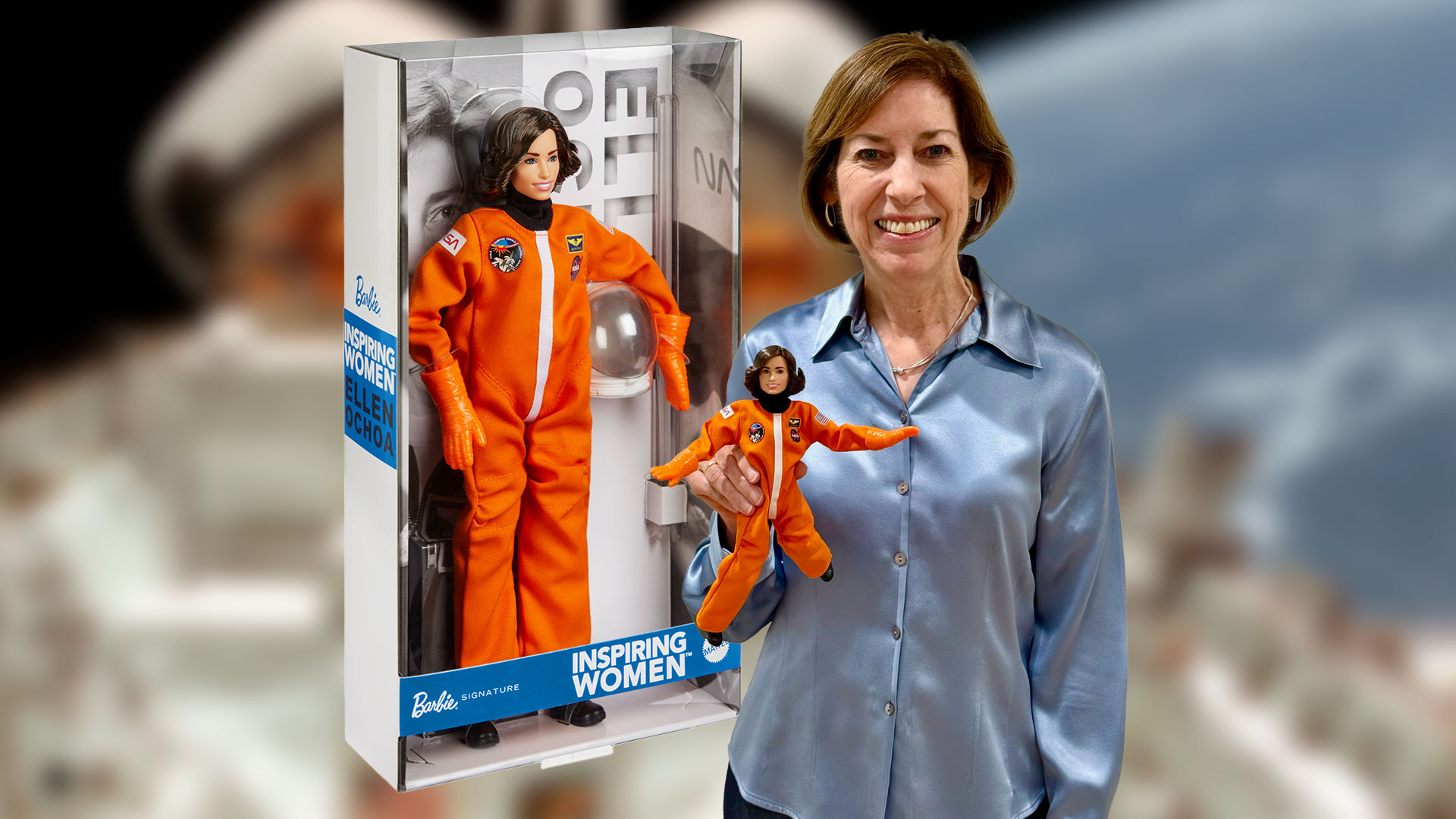By Jackie Ibarra
AUSTIN, Texas — There are about 28 different ways to cook Tilapia fish. I have seen my parents do everything they possibly can to it —diced, grilled, fried, seasoned and pretty much everything humanly possible to a fish. When Tilapia fish came home I knew it meant dollars had to be stretched and fish would be fried. It’s fish that defines my family and what has shaped me into the person I am today.
In life, there is always a much bigger fish to fry than just a 10-inch Tilapia. The “Tilapia” in life comes in many shapes and sizes, like surviving at one of the richest schools in the world as a low-income, first-generation student at the University of Texas at Austin.
Despite UT Austin being one of the richest universities, the economic inequality between students is astronomically high. A study by the New York Times had an inviting title, “Some Colleges Have More Students From the Top 1 Percent than the Bottom 60. Find yours” so it only seemed natural to find my school —and I did. The study showed UT Austin has 56% of students come from the top 20% of income percentiles and only 6% of students come from the bottom 20%.
It was through my parents that I learned when life gives you a fish, it can be transformed into many things like juicy fish tacos or spicy fish nuggets. My parents taught me to always be hungry for more, whether it was knowledge or different ways to grill fish and you can always do more regardless of the material you have. This meant my learning did not stop in the lecture hall, it was everywhere. Whether it meant building up the courage to go to office hours or finding different organizations on campus that could teach me something new, it was instilled in me that you can always find new ways to grow as both a student and person.
It’s easy to note from my reliance on Tilapia for dinner for months on end that I do not fall in the top 20% of income levels. I am part of the small population of students who do not come from affluent backgrounds. Most of the kids I am surrounded with do not understand ‘the struggle,’ whether that meant eating the same meals over and over again, like my family, or the struggle of making a couple bucks last for weeks. However, if there’s one thing my family and Tilapia taught me it was the ability to not only survive but thrive.
I took everything Tilapia taught me – adaptability, positivity, and resourcefulness and used it to my advantage in a few different ways:
1. “Y’all take Bevo Bucks?”

As I learned from my dad, I was always hungry and this time it wasn’t for Tilapia. It was for ways to make the expensive less expensive. UT Austin gives students Bevo Bucks which is basically cashless money that can be used to buy food or services just by swiping your student ID.
Although your school will tell you about the places that accept cashless money, they do not tell you about all the places that accept it. Anywhere I went, it became second nature for me to ask if they took Bevo Bucks and had my university to not only pay for food but also school supplies, textbooks, and even clothing. Like my university, there’s a good chance your university bookstore, co-op and local pharmacy accepts cashless money. Although your school may not offer Bevo Bucks, look into what your school’s version of cashless money is and utilize it everywhere!
2. Positivity is interchangeable

My mother taught me that you may not always be happy, but you can always try to be positive. However, there are some days when you cannot be both and I learned from my mom that reaching out for help was OK. At a school that is not necessarily designed for students like me, it’s extremely easy to feel overwhelmed and inadequate.
It can be lonely sitting in discussion groups among students who spent their high school years traveling the world or securing internships while I spent my summer working to earn enough money to sit in the same discussion group. According to the University of Michigan, data shows Latina students are more likely to feel depression and anxiety than Latino and non-Latina students while also experiencing higher levels of stress and psychological distress. However, I found that UT offers little to no charge for mental health services such as counseling, a meditation room or support groups where you can find people just as lost and isolated as you are. If you find yourself feeling lost or alone, reach out to your school’s mental health services.
3. Know your school, know your resources

This one took a lot of digging around, but with a lot of research, just like my dad showed me in his quests for new recipes, I was able to find food pantries such as La Tiendita, UT Outpost and places on campus that will lend interview appropriate clothing such as the Career Closet. In a way, La Tiendita became my new “Tilapia”. When Bevo Bucks were low and my wallet was empty, I could always turn to La Tiendita for snacks, Ramen and even cleaning supplies without ever feeling judged. Universities are huge and are filled with tons of organizations that can make the search for resources overwhelming but take the time to sit and research similar resources your school has to offer and read the flyers stapled around bulletin boards, you may be able to find your own version of La Tiendita!
4. Survey your emails for Surveys!

Sometimes it can be a hassle to fill out a survey and it’s easy to send surveys straight to spam. However, surveys often offer incentives such as gift cards, money or free swag. For 10 minutes of my time, a company sent me a 120 dollar Visa gift card that was later used to buy groceries and much needed coffee. Not every survey can be safe, but my advice is to take the surveys your university offers. Many universities’ research center or psychology departments look for student feedback and will often give out food gift cards and sometimes even technology.
5. One student’s trash is another’s treasure
At the end of each semester, students organize the Trash to Treasure garage sale where I was able to score a bunch of t-shirts, supplies and even dorm room decorations for a dollar! The Student Activity Center hosts plenty of gender swap meets where students can swap one t-shirt for another, find some good books or blazers for a job interview. Look around your school for garage sale events or get your thrift on at local thrift stores!
It was because of that fish I was able to dance around a school system that was not made for a poor person of color like myself. Sometimes I did not always dance and I often found myself tripping, falling and stumbling to get through the semester. It can be hard and overwhelming to not only know “the struggle” but literally be the definition of struggle, especially at one of the richest universities in the world. However, even though there are 28 different ways to cook fish, there are even more ways Tilapia fish will continue to remind me that waters get rough, I can and will always find a way to swim through it.
Want to read more stories like this? Give us your feedback, here!
Latinitas Magazine is a project of Latinitas, a registered nonprofit. We are funded by readers like you, so please consider donating today. Thank you!











